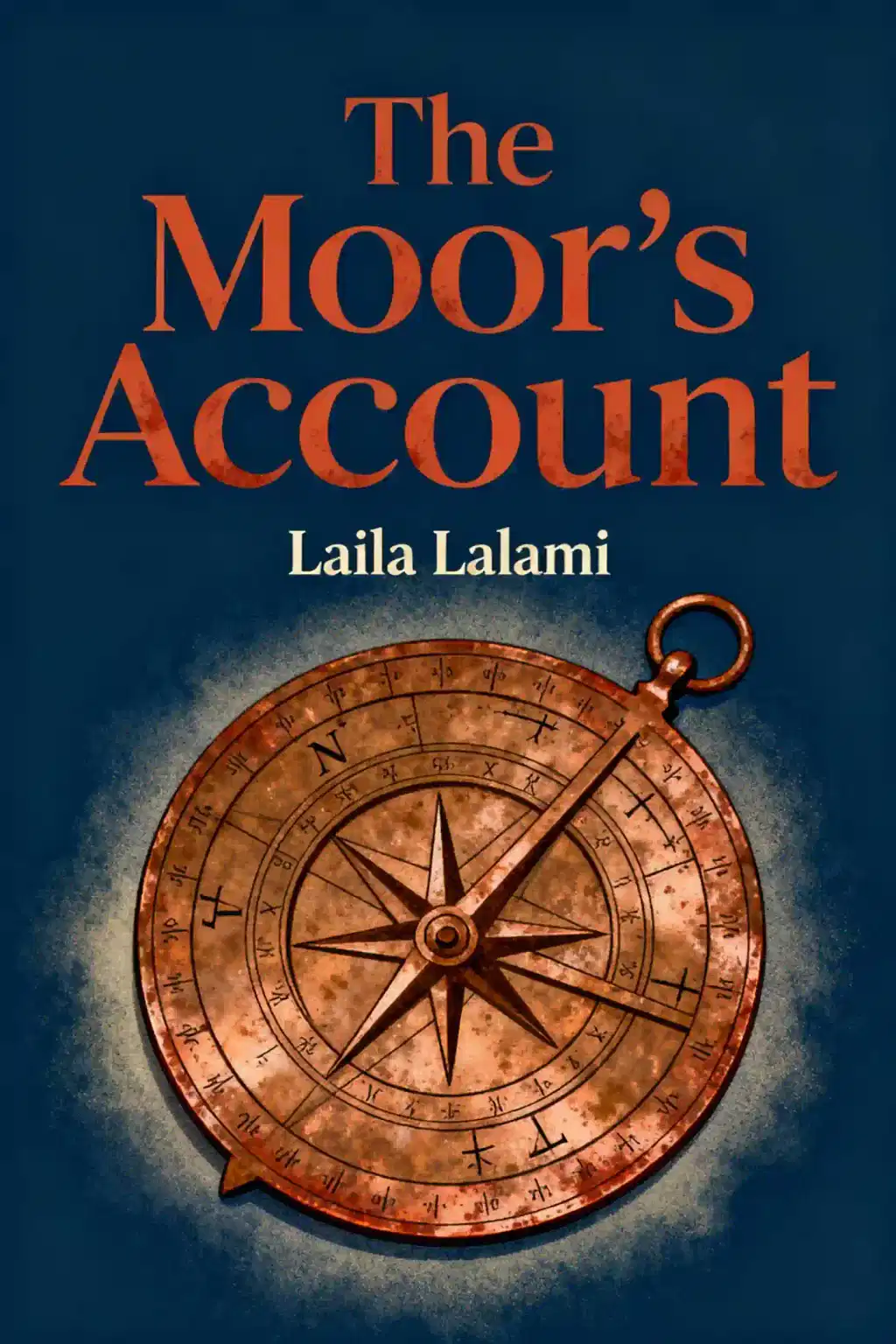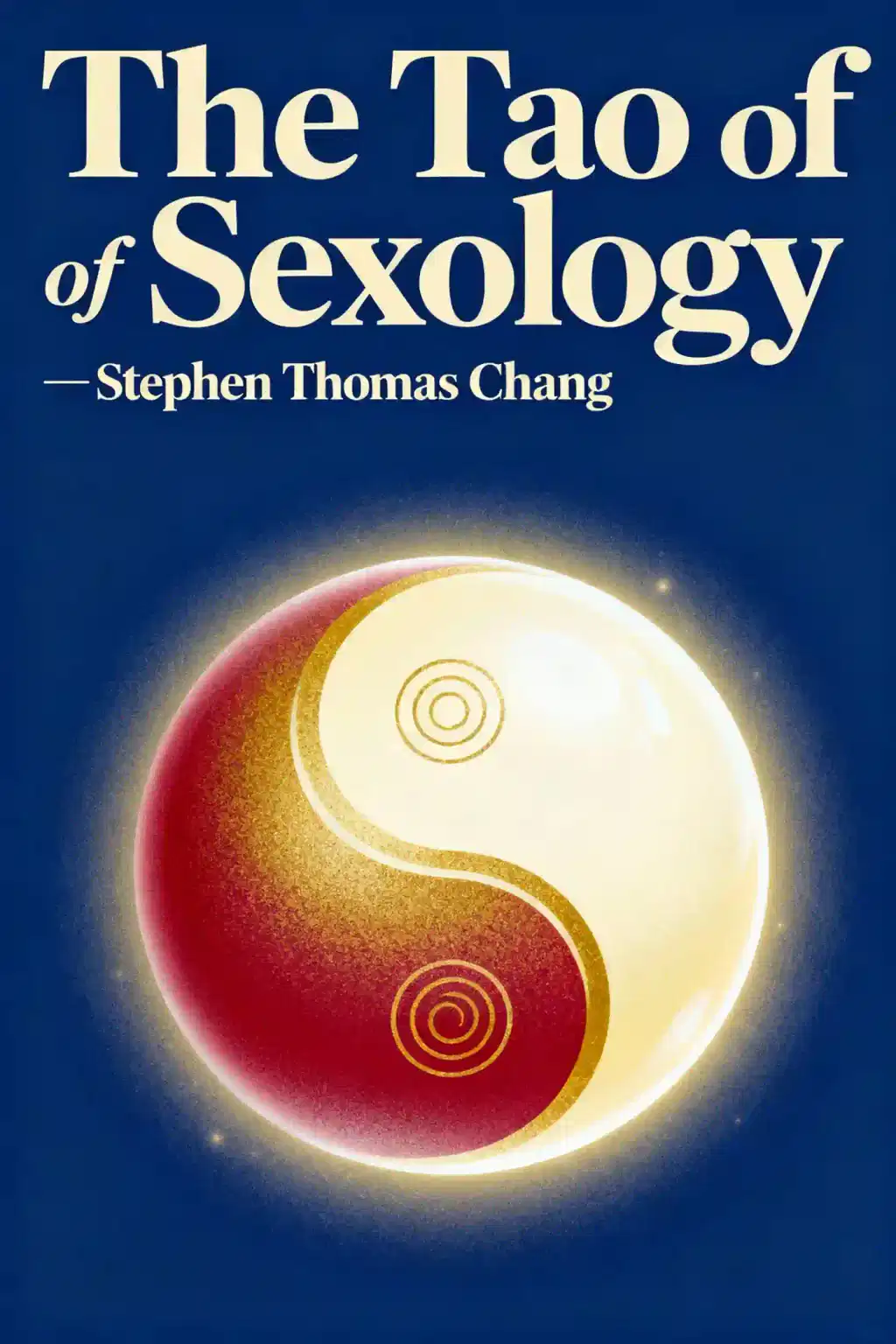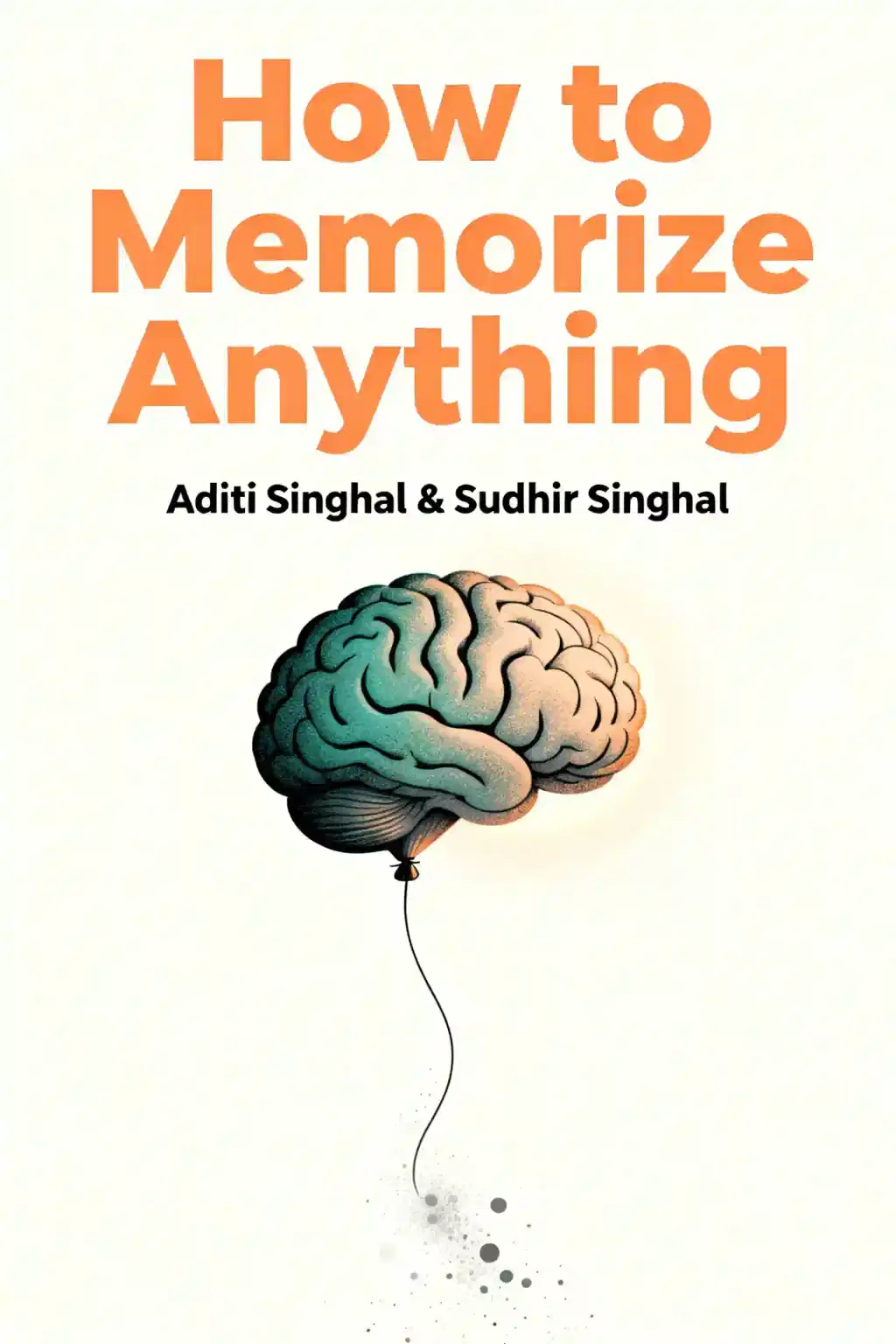What is
The Greater Freedom: Life as a Middle Eastern Woman Outside the Stereotypes about?
Alya Mooro's book blends memoir and social analysis to challenge stereotypes about Middle Eastern women, exploring cultural duality, societal pressures, and personal freedom. Through interviews and personal anecdotes, she examines issues like body image, relationships, and the "invisible jury" of societal judgment, while advocating for self-definition beyond cultural binaries.
Who should read
The Greater Freedom?
This book resonates with Middle Eastern women navigating cultural expectations, feminists interested in intersectional narratives, and readers exploring identity in multicultural contexts. It’s particularly relevant for those questioning societal norms about gender, sexuality, and cultural belonging.
What are the main themes in
The Greater Freedom?
Key themes include:
- The tension between Western individualism and Middle Eastern collectivism
- The "invisible jury" of societal judgment shaping women’s choices
- Sexual autonomy and double standards in relationships
- Beauty standards and body image pressures
- The complexities of being an "invisible immigrant" between cultures
How does Alya Mooro address cultural stereotypes in the book?
Mooro dismantles monolithic portrayals of Arab women by sharing diverse experiences from her interviewees, including stories about casual dating, career ambitions, and rejecting modesty norms. She contrasts these narratives with mainstream media tropes of oppression or exoticism.
What is the "invisible jury" concept in
The Greater Freedom?
The "invisible jury" refers to the internalized fear of societal judgment that influences Middle Eastern women’s decisions – from clothing choices to career paths. Mooro argues this psychological barrier often restricts freedom more than explicit laws.
How does the book balance personal stories with broader cultural analysis?
While rooted in Mooro’s experiences as an Egyptian-British journalist, the book incorporates sociological research and interviews with 50+ women across the Middle East and diaspora communities. This blend of memoir and reportage aims to highlight systemic issues through individual stories.
What criticisms have readers raised about
The Greater Freedom?
Some reviewers note the focus on Mooro’s privileged perspective as a London-educated writer, arguing it overlooks less liberal Middle Eastern women’s experiences. Others find the tone occasionally self-indulgent in detailing partying and dating life.
How does the book discuss feminism in a Middle Eastern context?
Mooro redefines feminism through a culturally nuanced lens, addressing how Arab women negotiate empowerment within family-centric societies. She critiques both Western savior complexes and patriarchal traditions while celebrating grassroots activism.
Does
The Greater Freedom offer solutions for cultural conflicts?
The book advocates for embracing hybrid identities rather than "picking sides" between cultures. Mooro emphasizes small acts of self-determination – from pursuing unconventional careers to setting romantic boundaries – as pathways to liberation.
Why is
The Greater Freedom relevant to non-Middle Eastern readers?
It provides insight into universal struggles with identity, societal pressure, and belonging. Readers from multicultural backgrounds often relate to Mooro’s exploration of feeling "two things at once, and consequently neither".
How does the book handle discussions about sexuality?
Mooro candidly addresses taboo topics like premarital sex, LGBTQ+ experiences, and sexual agency, contrasting Western sexual freedom with Middle Eastern stigma. She highlights how sexual choices become politicized for Arab women.
What research supports
The Greater Freedom's arguments?
The book references anthropological studies on honor cultures, surveys about Arab youth priorities, and historical analysis of Western media portrayals. Mooro also includes firsthand accounts from women in Egypt, Lebanon, and GCC countries.














